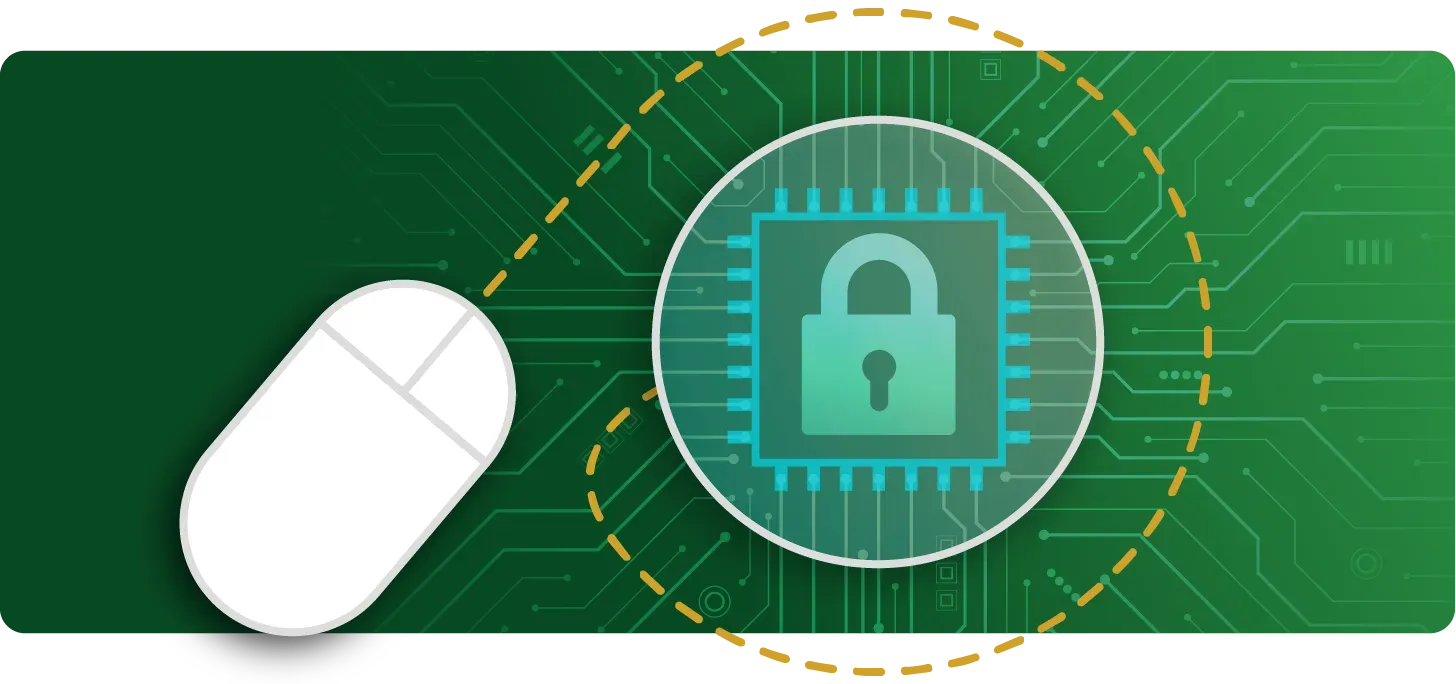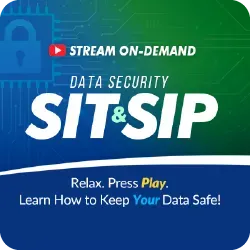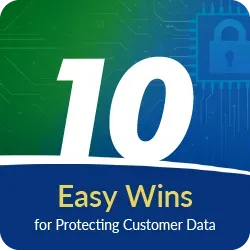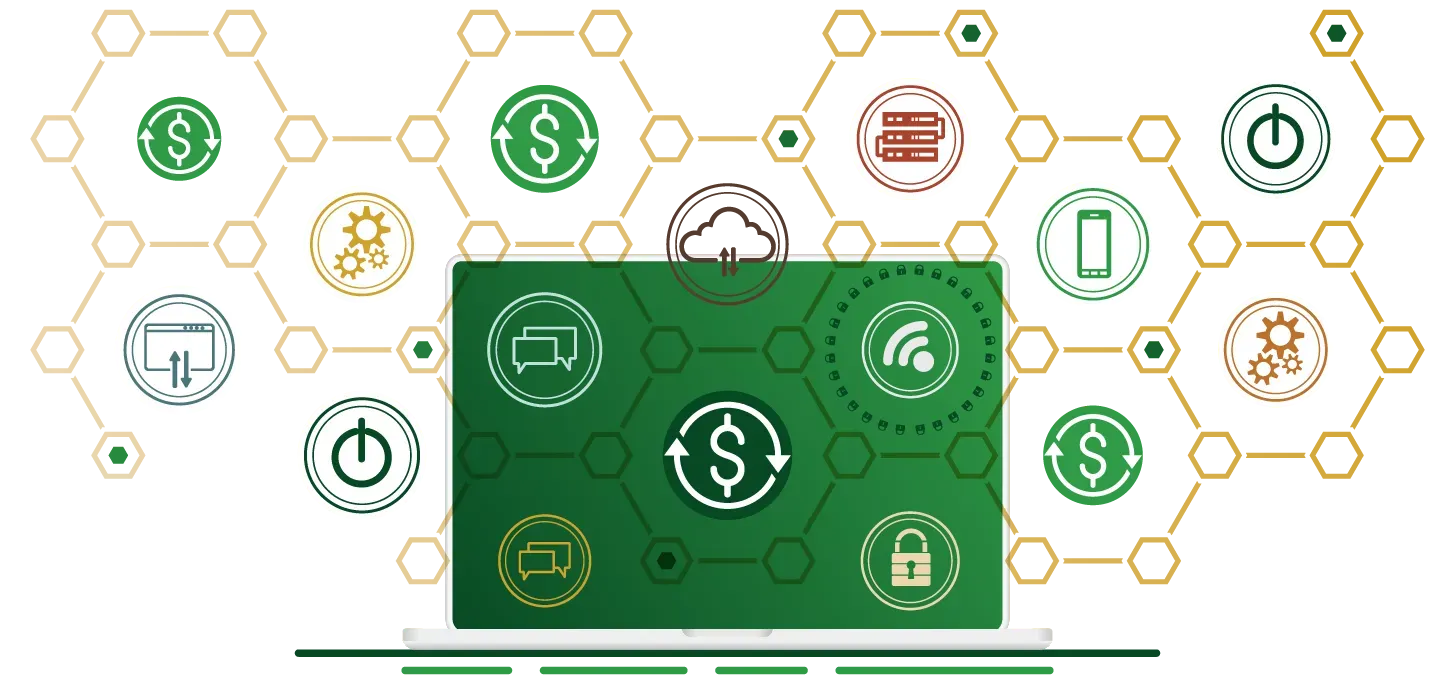Protect Your Camp: Data Security & Software Transitions
July 16, 2025
Your camp families trust you with their most personal information – from medical details to payment data. Protecting that information is part of protecting them.
Whether you’re switching camp management software, training staff, or updating your security processes, this guide will walk you through:
- Key data security stats every camp should know
- Security essentials when switching camp software
- Additional Resources:
- Sit & Sip- Q&A with iCampPro's Chief Information Security Officer
- 10 Easy Wins to protect your camp’s data
- iCampPro's commitment to keep your data safe
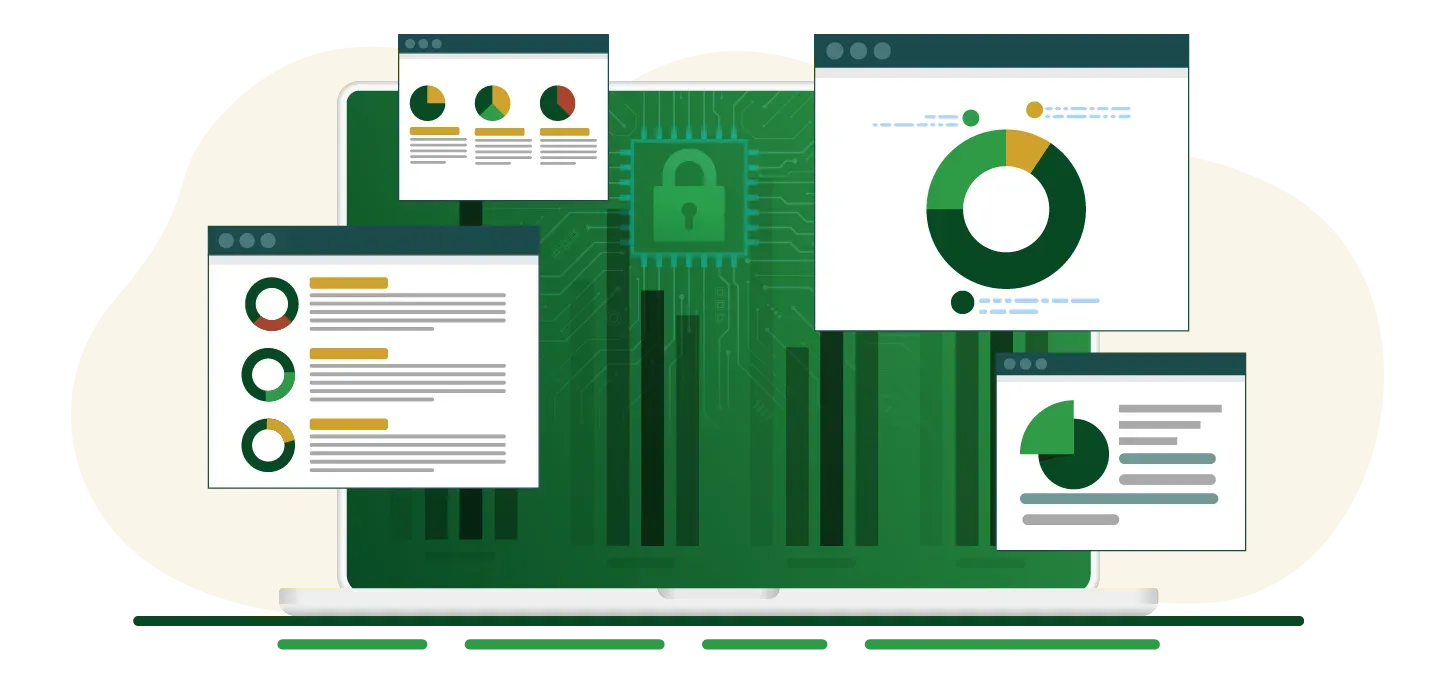
Camp Cybersecurity Awareness
Most camps and businesses use online tools and cloud-based software daily. But with great tech comes great responsibility.
3 Key Data Security Statistics You Should Know
- 🔴
Human error is the #1 cause of data breaches.
While the exact percentage of data breaches caused by human error is debated, it’s estimated that at least 75% of breaches are due to simple mistakes like weak passwords, improper storage, or accidental sharing. - 🔴
Small to medium businesses are targeted by cybersecurity attacks 4x more than larger ones. (Source:
2025 Verizon Data Breach Investigations Report)
Why? Because large organizations have robust security teams, while smaller ones often lack established security protocols and regular cybersecurity training for their employees. - 🔴 60% of small businesses close within six months of a severe data breach. (Source: Verizon Business "Is your front door open and unlocked for cyber criminals?") Between shutdowns, data-ransoming costs, lost trust, legal fees, and penalties—by far, the safest and least costly option is prevention.
🔄 Switching Camp Management Software: Security Essentials
If your camp is transitioning to a new camp management platform—like iCampPro—your data doesn’t just need to switch providers. It needs to
move
securely
and
stay safe.
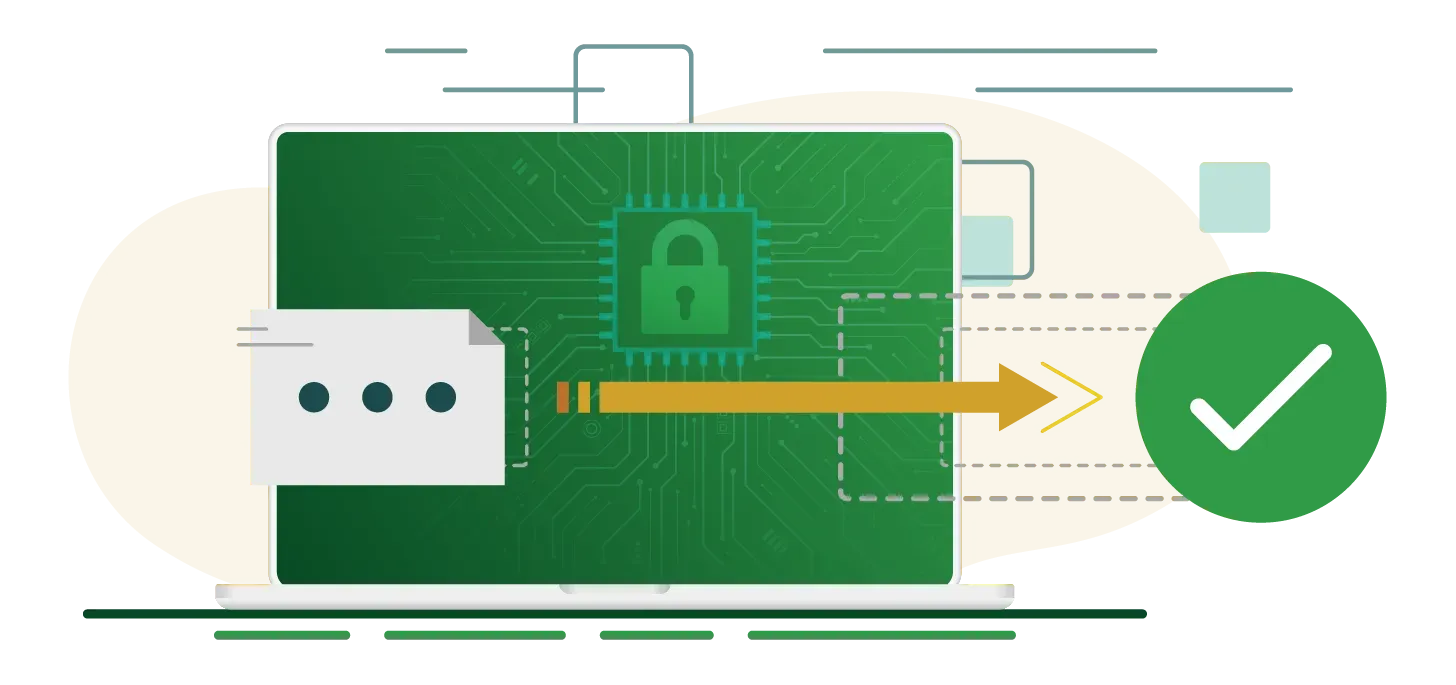
Discuss Secure Data Migration
Ask directly if the
data transfer process keeps your camp’s data protected. Encrypted methods of exchanging data using HTTPS secure access points and secured file transfers (SFTP) can help limit access to only trusted team members and software partners.
Ask About Privacy & Compliance
Ask where your data will be stored. The physical location of data storage can impact compliance with privacy laws across state or national lines.
Consider other potential legal requirements related specifically to your organization and its operations. Inquire about compliance with any legal standards related to technology and data management that your organization may be held to. These standards may come from your city, state, or federal government.
Check Into Access Controls & Authentication
Choose software that allows role-based access controls and supports
multi-factor authentication (MFA) to prevent unauthorized access to sensitive information such as Personally Identifying Information (PII) or Protected Health Information (PHI).
Understand Data Encryption & Storage Standards
While the exact encryption methods may not be something the provider will share, data should be encrypted both
in transit to the database and when stored
(at rest). Also, confirm that the software provider runs regular backups and has strong recovery protocols to avoid data loss or extended downtimes.
Review General Security Practices
Ask for documentation of any policies, practices, and certifications the software company can provide. Then take time to review relevant certifications, privacy policies, data retention practices, and incident response procedures provided.
Plan Staff Awareness & Best Practices Training
A secure software platform isn’t enough by itself—you must also train your staff to use it securely. Incorporating technology best practices training during new employee onboarding, as well as regular team refreshers, can help prevent common human errors like weak passwords or incorrect system use.
Keeping Camp Data Security Simple: Video + 10 Easy Wins
We know that data security talk can feel and sound intimidating. There’s enough jargon and acronyms and references to make your head spin!
But you don’t have to be a technical security guru to keep customer data safe. That’s why we’ve created some great resources to keep the topic of data security simple and easy to digest!
To access these free helpful resources, click on the button below and fill out a short form!
iCampPro's Commitment to Data Security
When choosing a software provider, security should never be an afterthought.
At iCampPro, security is built into everything we do. From continuous training for our employees to software engineering, and even customer support. We recognize that protecting your organization and customer data is just as important as the tools and features we provide to streamline your workflows and daily operations.
That’s why
we’re committed to maintaining a strong, transparent, and continuously evolving security program you can rely on. We’ve implemented rigorous internal practices and undergo annual third-party assessments to ensure that we maintain the highest standards in data security.
Why Our Security Practices Matter
As a software partner, we take key elements of data security off your plate, such as:
✅ Ensuring camp data stored on our platform stays safely encrypted and monitored
✅ Keeping payment information secure behind bank-level digital security protocols
By staying proactive, transparent, and accountable, we’re making sure your data stays secure—so you can focus on what matters most:
running your camp and supporting your community.
Payment Security Standards & Level 1 PCI DSS Certification
Your organization might be familiar with the Payment Card Industry Security Standards Council from their annual merchant self-assessment questionnaires (PCI SAQ). These questionnaires help remind merchants about the best security practices when handling customer card data.
Founded by major credit card brands like Visa, MasterCard, Discover, and American Express, the council creates and maintains a set of standards and technical requirements pertaining to credit card data security.
At a minimum, its standards address six goals for any business that handles, processes, or stores credit cards:
- Build & Maintain a Secure Network
- Protect Cardholder Data
- Maintain a Vulnerability Management Program
- Implement Strong Access Control Measures
- Regularly Monitor and Test Networks
- Maintain an Information Security Policies
As a camp software provider that camps rely on to securely process payments, iCampPro has volunteered to meet an even higher standard.
Our team has achieved the highest level of compliance as a Level 1 PCI DSS (Payment Card Industry Data Security Standard) certified Payment Facilitator or PayFac.
This certification involves an annual on-site audit conducted by a certified Qualified Security Assessor (QSA). It evaluates a wide range of controls and procedures to make sure we’re protecting cardholder data and more.
Here are just a few of the areas covered in our regular PCI DSS assessment:
- Encryption of data in transit and at rest
- Strong authentication and access controls
- Employee and contractor background checks
- Environment segmentation and separation of duties
- Endpoint security and anti-malware protections
- Regular penetration testing and vulnerability management
- Ongoing third-party risk monitoring
We don’t take this responsibility lightly. We view security as an investment—and it’s one we continue to make.
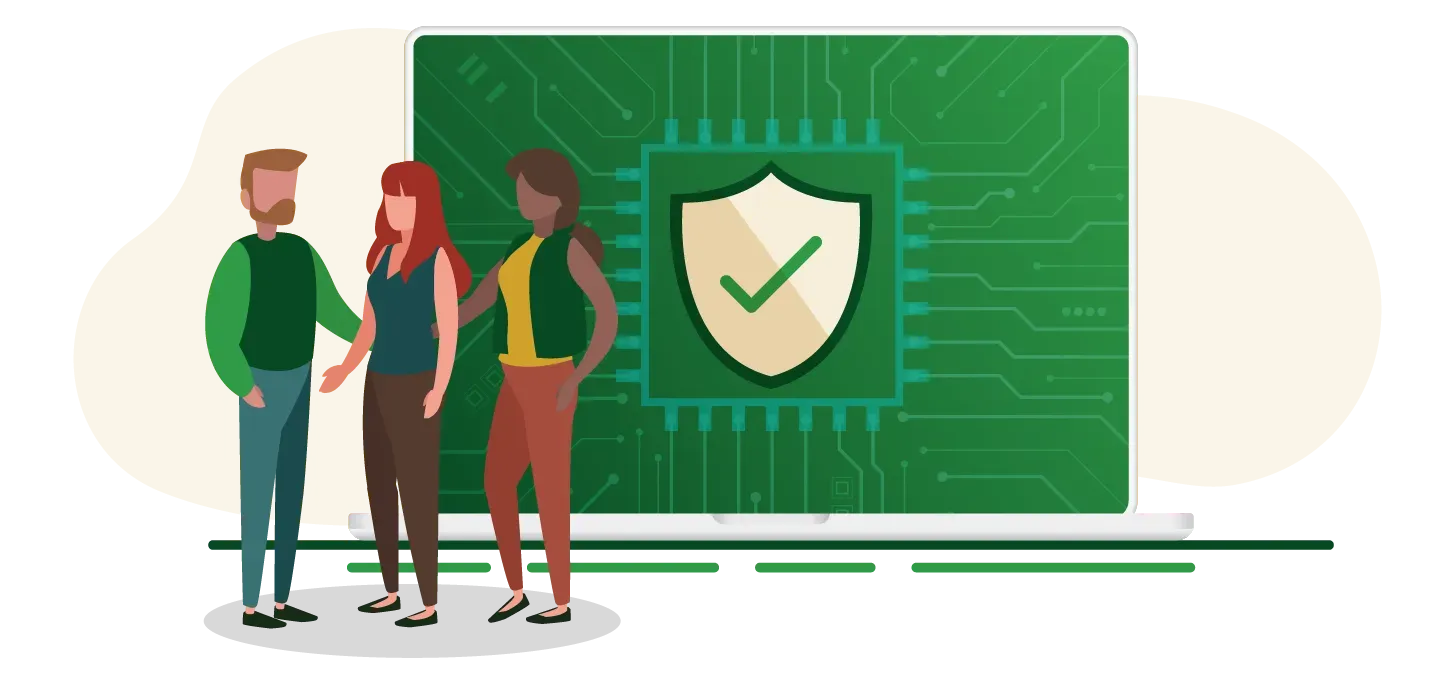
Beyond Payments: Strong Security & Data Practices at iCampPro
We understand how important it is to protect the families, campers, and communities you serve. Your concerns are our concerns. Our commitment to security is not just about compliance; it’s about trust.
Our security standards extend far beyond payment data. To strengthen our already solid foundation, we’re actively adopting the ISO 27001 framework, a globally recognized standard for information security management.
This initiative is helping us refine our practices and evaluate additional certifications, such as SOC 2, to align with the needs and expectations of our growing customer base.
In short, we focus on the software security protocols, so you can remain focused on running your camp.
It’s not a one-and-done achievement—it’s an ongoing process.
Final Thoughts on Keeping Your Camp Data Safe
You don't need a full-time IT team to improve your camp's data security—you just need the right habits, the right software partner, and a little upfront planning. Camps that prioritize data privacy not only meet legal obligations but also build stronger trust with families and staff.
Looking for a Camp Platform that Checks All the Right Boxes?
iCampPro's camp management software is built with modern camps in mind—combining
robust data security, intuitive workflows, and responsive support into one powerful platform.
About the Author
Her love for camp life started young, spending summers at overnight and 4-H day camps where she discovered a lifelong appreciation for creativity, exploration, and community. Today, Brittany brings that same energy to iCampPro, crafting thoughtful, engaging content that speaks to the heart of camp professionals and empowers them to do what they do best.




